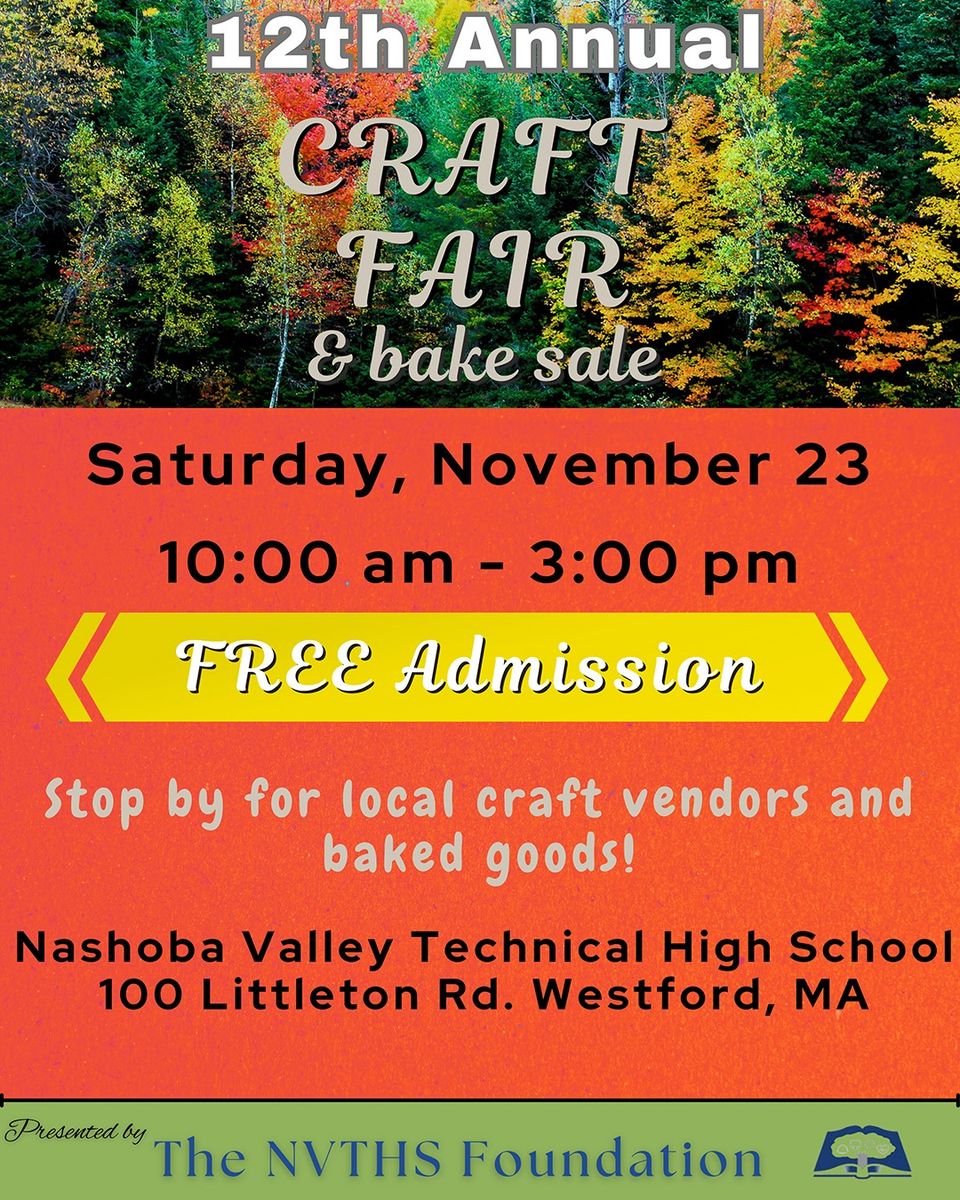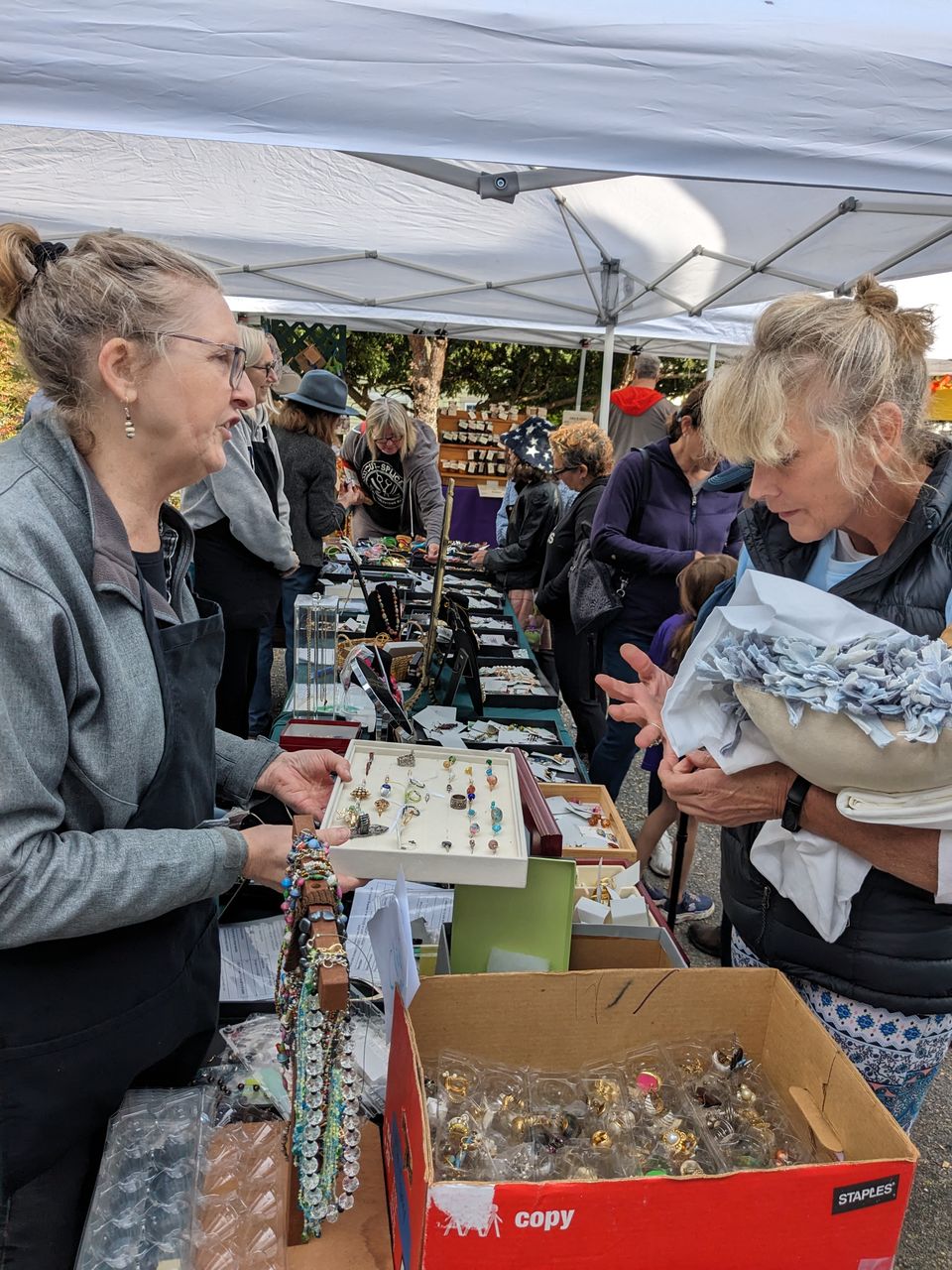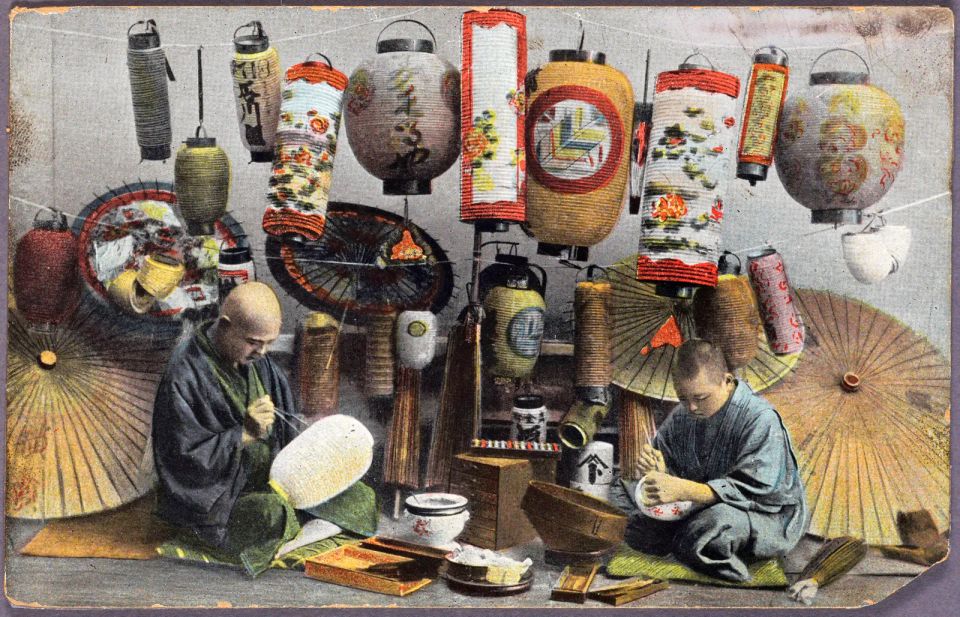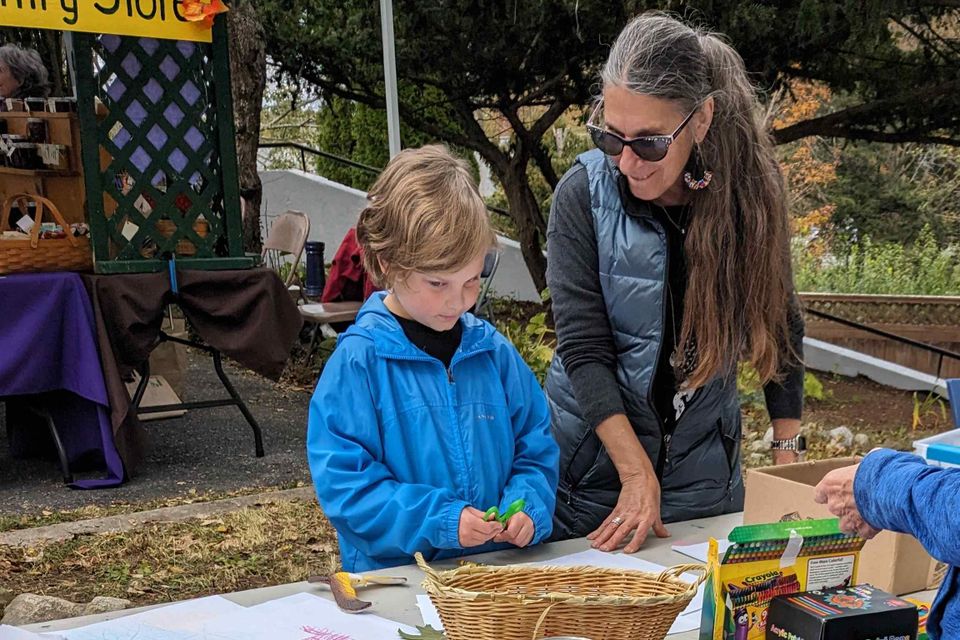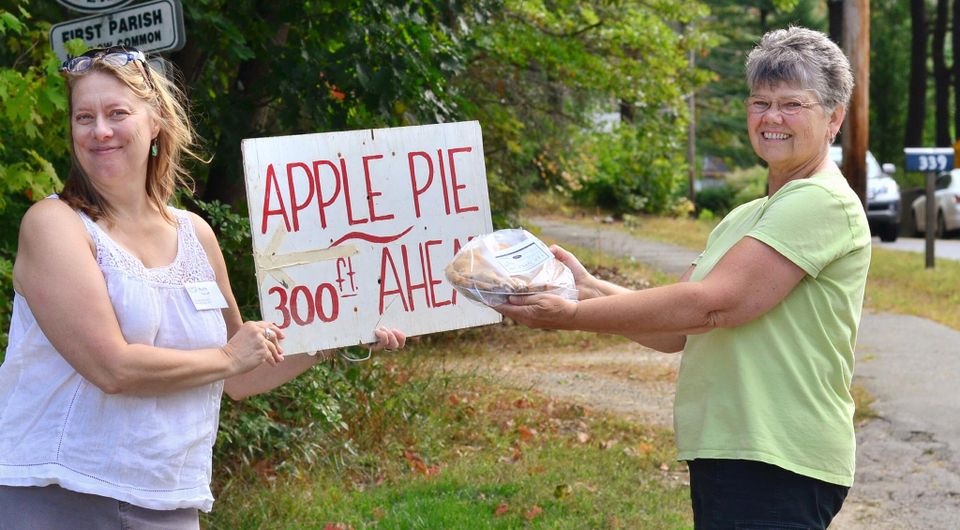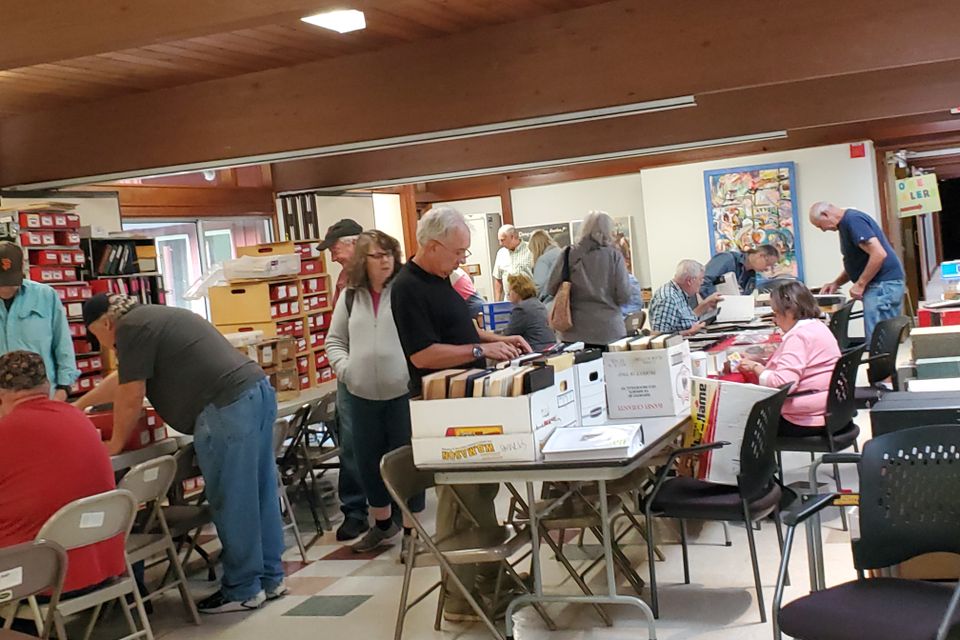Open Table,
the MetroWest charity dedicated to fighting hunger and building healthy communities, has named Concord residents Eric Schoen and Jean Husson as its 2024 Volunteers of the Year. Schoen and Husson were recognized September 23 at Open Table’s annual meeting and volunteer appreciation event, which took place at Sanctuary in Maynard.
Volunteers and Concord residents Jean Husson, left, and Eric Schoen, right, were honored as Volunteers of the Year by Open Table executive director Alexandra DePalo, center, at the recent Open Table annual meeting and volunteer appreciation event.
Eric Schoen volunteers as one of Open Table’s Pick and Pack Shift leaders where he leads a team of volunteers processing incoming produce and refrigerated items from the farms and grocery stores, and packing approximately 250 produce bags per week for clients. Eric oversees the setup of the pantry for the drive-thru client hours, organizing frozen proteins, breads and treats and managing last minute deliveries. Eric has also been instrumental in the success of the Chopped for Charity fundraisers.
Eric has been volunteering with Open Table since early 2022 after his retirement from a career at Fidelity Investments. Eric has been living in Concord for four years with his wife having raised two kids in Sudbury. When asked why he chooses to volunteer his time with Open Table, Eric responded “I first became aware of Open Table when our daughter volunteered here during high school. After retiring I wanted to give back and get involved locally by doing what I can to help address food insecurity and hunger in our local communities. Open Table’s mission really resonated with me, and I feel fortunate to be a small part of that mission. Knowing that all the produce and grocery bags we create each week are providing families, seniors, and others in need with healthy meals is what keeps me coming back each week… that and having the opportunity to meet and work with the amazing Open Table staff and other volunteers.”
Eric additionally shares his time and talents with one of Open Table’s partners as Chair of the Greater Boston Food Bank’s Board of Directors. Describing his work he reports, “Seeing the need and volunteering at both of these amazing organizations gives me a good perspective on GBFB’s broad focuses across Eastern Massachusetts and Open Table’s more local focus of ending hunger. One in three families struggle with food insecurity in Massachusetts… running out of food or not having enough money to get more food each month. We can continue to do more to address that need.”
Eric is also an avid hiker, travels extensively including two service trips to Poland to support Ukrainian refugees and plays early morning ice hockey.
Jean Husson volunteers at Open Table largely behind the scenes as the transportation coordinator for all incoming and outgoing foods at Open Table. This important and demanding position includes overseeing a small army of volunteers who drive their personal vehicles or the Open Table van to pick up donations from grocery stores and farms and bring them to the pantry and also those who deliver groceries and meals to our Mobile Pantries, COA sites, food relief partners and home delivery clients. These jobs are essential and must be staffed every week and Jean keeps them running smoothly. Often Jean is not so “behind the scenes” as she acts as “pinch hitter” for her drivers and hits the road nearly every week to pick up food or make a delivery when substitutes are needed.
Transportation coordinator is just the most recent of many volunteer roles that Jean has filled over a long history of volunteering with Open Table. Jean started with Open Table in 2014, volunteering at the First Parish Church in Concord when it was an all-volunteer operation serving community dinners. Some of her major roles have been serving as volunteer manager, working on the client administration team, cooking, leading orientations and volunteering wherever needed as a pinch-hitting specialist.
Jean has been involved in many of the Leadership groups and advisory committees that have steered Open Table to becoming the regional food pantry we are today. These include but are not limited to the development of the organizational structure and the transition from an all-volunteer to staff-based organization, the acquisition of and move to our current pantry site in Maynard, the restructuring of services during COVID, and the installation of the volunteer software system.
In her spare time, Jean cooks with the Fowler library cookbook club, writes postcards for Concord Indivisible, follows professional tennis and does the NYT crossword puzzle. She has enjoyed traveling the world and reading Agatha Christie.
When asked why she has dedicated so much of her time to Open Table, she replied, “because I’m appalled that anyone should go hungry in the country.” Nearly every client has been directly impacted by Jean’s contribution. Open Table has been able to grow and address food insecurity in our community due the hard work and dedication of volunteers like Jean.
